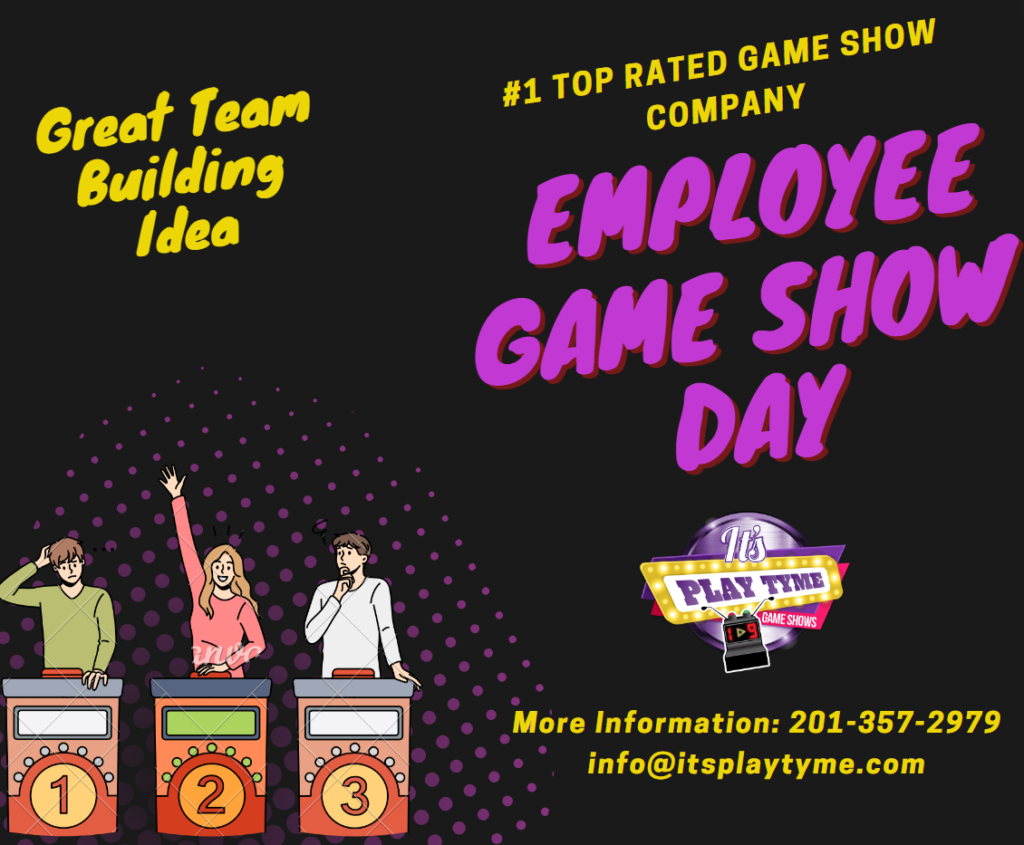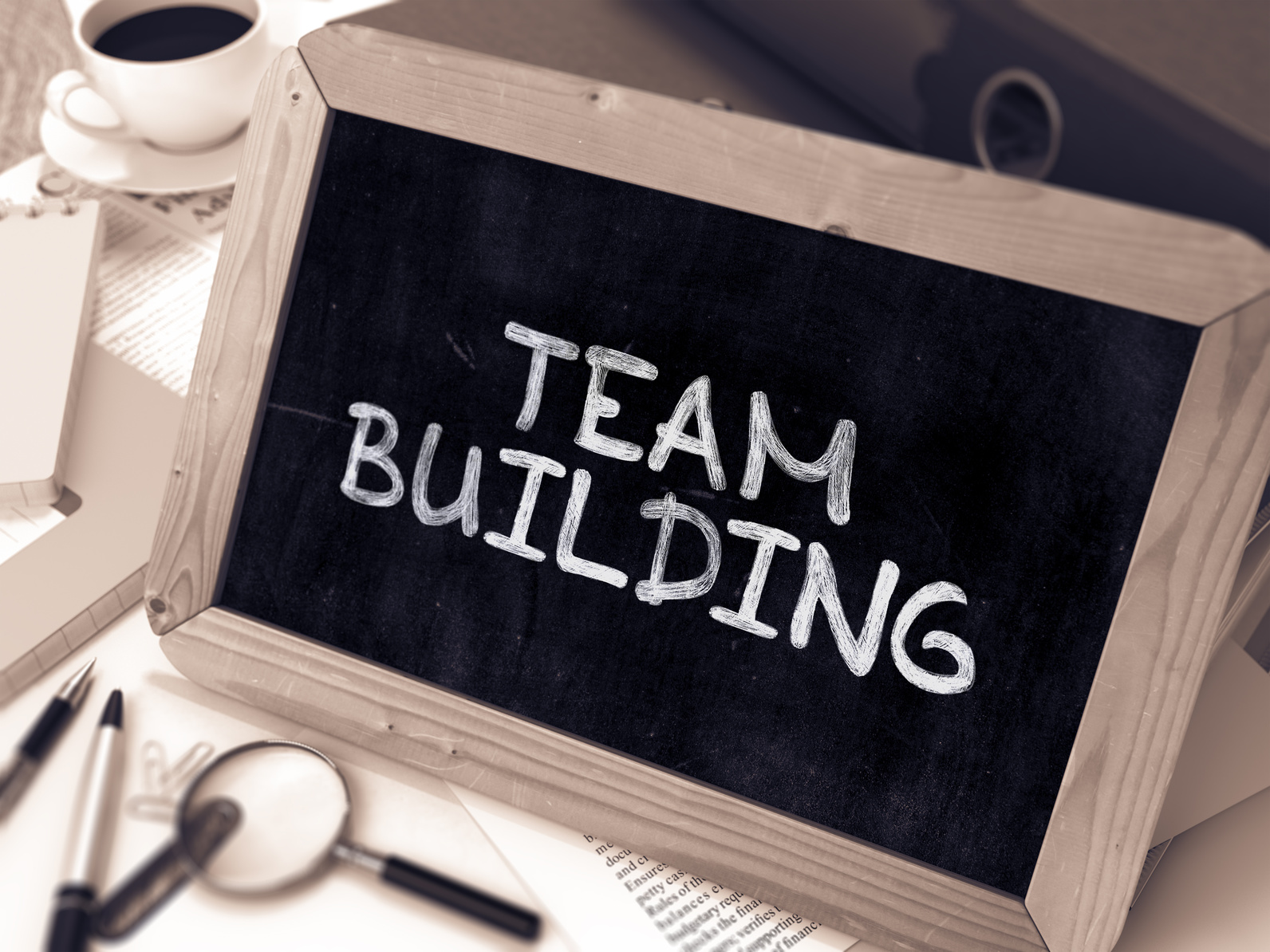
Professional development activities help employees grow skills quickly, collaborate better, and retain more of what they learn. The most effective PD options are hands-on, real-time, and built to solve real workplace challenges, not just check a box on a training calendar.

Essential Skills for Professional Development
As professionals, it is essential to continuously develop and refine our skills to stay competitive and relevant in today’s ever-changing job market. In this section, I’ll explore some of the most important hard and soft skills for professional development.
a – Communication Skills
Effective communication is key to success in any professional setting. Whether it be in-person, written, or digital communication, the ability to convey information clearly and succinctly is vital.
Communication skills also include active listening, which involves engaging with the speaker and understanding their message.
This skill is particularly important in team settings and can significantly impact team effectiveness and success.
b – Leadership
Leadership skills go beyond simply managing people. Leadership involves inspiring and motivating team members to achieve their goals and excel in their roles.
It also includes the ability to make strategic decisions and take calculated risks. A good leader can foster a positive work environment and drive innovation within their team.
c – Hard Skills
Hard skills refer to technical abilities and specific knowledge related to a particular industry or job function.
For example, a software engineer may require expertise in coding languages, while a marketing professional may need to know how to use analytics tools to track campaign performance.
Hard skills are often learned through education, training, or hands-on experience, and can be developed over time.
d – Soft Skills
Soft skills, also known as interpersonal skills, include emotional intelligence, adaptability, and problem-solving abilities.
They are essential for effective collaboration and teamwork, as well as for building strong relationships with clients and colleagues.
Soft skills are often difficult to quantify and measure, but they are highly sought after by employers in all industries.
Seek out feedback from colleagues and mentors, attend workshops and training programs, and make a conscious effort to apply your new skills to your work.
With time and dedication, these skills will become second nature, unlocking new opportunities for your professional growth and development.
Book an Interactive Game Show!
Call us today! We provide "Premium Game Shows" for Corporate Events. We Come to You!
Fun Activities for Professional Development
These five activities consistently deliver engagement, better communication, and stronger teamwork—making them ideal for PD days, retreats, and staff workshops.
1. Game Show–Themes (Most Recommended)
Game-show PD brings training to life. It’s fast, high-energy, and designed to engage large groups at once. The format mixes friendly competition, teamwork, and instant feedback—without feeling like forced team building.
Why it works:
Teams must think quickly, communicate clearly, and rely on each other to score points. It’s fun, but every round strengthens essential workplace skills.
Best Game Show Formats for PD:
-
Face-2-Face Feud – Great for survey-style questions about leadership, communication, or school culture.
-
PlayPad Mania – A high-energy keypad trivia game where everyone plays at the same time.
-
60 Seconds of Fame – Minute-to-Win-It challenges that spark movement and break up long PD days.
-
The Challenge – Jeopardy-style team knowledge battles (works well with custom training topics).
-
Word Play – Puzzle-solving that encourages listening, focus, and collaboration.
You can book these fully facilitated PD experiences here:
Professional development games and team-building activities can enhance collaboration, problem-solving, and communication skills.
These interactive games can also make learning enjoyable and engaging. Here are some of my favorites:
- The Blind Drawing Game: This game requires two players to sit back-to-back. One player has a picture, and the other has a piece of paper and a pen.
The player with the picture has to describe it without saying what it is, and the other player has to draw it.
This game promotes effective communication and listening skills, helping individuals understand the importance of clear instructions. - The Marshmallow Challenge: This team-building game requires individuals to form groups and build structures using only spaghetti, string, and tape.
The goal is to build the tallest structure that can hold a marshmallow on top. This game requires strategic planning, teamwork, and creativity, enhancing problem-solving and leadership skills. - The Logo Game: This game requires individuals to identify famous logos. The goal is to see who can get the most logos correct.
This game enhances visual memory and teamwork, as players work together to identify logos.
These games and activities are only a few examples of how professional development can be enjoyable and engaging.
They also help to facilitate a dynamic work environment that encourages teamwork, creativity, and innovation.
The skills developed in these games can be applied to real-life situations, contributing to your overall professional growth.
Workshops and Training for Professional Development
When it comes to professional development, attending workshops and training programs can be incredibly beneficial.
These activities provide hands-on learning experiences, networking opportunities, and the chance to acquire new knowledge and skills.
Workshops and training programs can cover a wide range of topics, from technical skills to leadership development.
They offer a chance to learn from experts in your industry, as well as connect with like-minded professionals.
Attending these events can expand your knowledge base and open doors to new opportunities in your field.
Find the Perfect Game Show for Your Team
Pick the Ideal Match for Your Team’s Unique Goals and Needs – Click Below
Strategies for Professional Growth and Development
As someone who values professional growth, I’m excited to share some strategies that have helped me advance in my career.
Whether you’re just starting or looking to take your career to the next level, these tips will empower you to continuously improve and develop your skills.
1 – Set Specific Goals
Setting specific, measurable, achievable, relevant, and time-bound (SMART) goals is a powerful way to drive professional growth.
By establishing clear objectives, you can track progress, stay motivated, and make informed decisions about your career path.
2 – Seek Feedback From Your Team
Asking for feedback from colleagues, supervisors, and mentors can provide valuable insights into your strengths and areas for improvement.
Actively listening to feedback and using it to guide your professional development can help you reach your full potential.
3 – Invest in Continuous Team Learning
Learning new skills and staying up-to-date with industry trends is essential for professional growth.
Attend workshops, conferences, and training programs to expand your knowledge and gain fresh perspectives.

employee-engagement-game-show-idea
4 – Network and Build Better Relationships
Building meaningful relationships with peers and industry professionals can open doors for career opportunities and provide valuable support and feedback.
Attend networking events, connect on social media, and participate in online communities to expand your professional network.
Volunteering for challenging assignments outside of your comfort zone can help you develop new skills and expand your expertise.
Taking on stretch assignments demonstrates your willingness to learn and grow, and can lead to new opportunities for advancement.
6 – Celebrate Small Wins
Recognizing and celebrating small wins along the way can help you stay motivated and engaged in your professional development journey.
Whether it’s completing a challenging project or mastering a new skill, take time to acknowledge your progress and accomplishments.
Book an Interactive Game Show!
Call us today! We provide "Premium Game Shows" for Corporate Events. We Come to You!
Benefits of Adding Games to Workshops and Training Programs
Workshops and training sessions are already valuable, but adding interactive games takes professional development to a whole new level. Games turn passive learning into active participation, making concepts easier to absorb and apply immediately.
Why Leaders Should Add Games to PD Day
-
Instant Engagement: Games warm up the room quickly and eliminate awkwardness.
-
Hands-On Learning: Teams practice communication, leadership, and problem-solving in real time—not just in theory.
-
Better Retention: Interactive experiences stick longer than slides or lectures.
-
Stronger Collaboration: Games naturally mix departments and personalities, helping teams bond faster.
-
Higher Energy: They break up long workshops and keep staff alert and motivated.
-
Real-World Application: Every challenge mirrors workplace scenarios, so the learning transfers instantly.
Whether your team attends management training, leadership development, or certification programs, adding interactive game elements makes the entire experience more memorable, practical, and impactful.
Bottom line: workshops teach—games transform. Want the ultimate PD day experience? Blend both and watch engagement skyrocket.
![]()
Book a live game show experience today!
Contact us for further details.
For Immediate assistance by text – 917-670-4689
No deposit required.
We plan and facilitate all activities.
Flexibility and talent management are crucial to creating a dynamic work environment that fosters growth, collaboration, and innovation.
As a professional, I have learned that adapting to change and being flexible is key to success. In today’s fast-paced world, companies that can pivot quickly and efficiently are more likely to thrive.
The Importance of Work Flexibility
Flexibility in the workplace can take many forms, from flexible work arrangements to being open-minded about new ideas and processes. When employees feel that their employers support and trust them, they are more likely to be productive, motivated, and engaged.
Flexible work arrangements can include telecommuting, part-time work, job sharing, and flexible hours, which can improve work-life balance and reduce stress levels. Being open-minded about new ideas and processes helps to cultivate an innovative work culture that encourages experimentation and risk-taking.
This can lead to breakthroughs and advancements that drive growth and success within your team.
The Power of Talent Management
Talent management refers to the process of developing and nurturing employees’ skills, abilities, and potential. As a result, companies can retain top talent and build a strong, effective workforce.
Effective talent management includes identifying high-potential employees and providing them with opportunities for growth and development. This can include mentoring, coaching, training, and job rotations.
One of the benefits of talent management is creating a culture of continuous learning and development. When employees feel challenged, supported, and valued, they are more likely to remain engaged and productive.
This, in turn, can lead to a more positive work culture and higher retention rates for top talent.
Conclusion
Overall, nurturing a dynamic work environment requires both flexibility and effective talent management.
Creating a culture of openness, trust, and innovation can be the key to unlocking growth and success for businesses and individuals alike.
By embracing these ideas and strategies, we can foster growth and development that benefits everyone involved.
In conclusion, I encourage you to embrace the power of professional development.
By implementing the professional growth strategies, engaging games and activities, workshops and training programs, and essential skills mentioned in this article, you can unlock your full potential and achieve success in your career.
Remember, professional development is a lifelong journey, and it is never too late to start. Take a proactive approach, nurture a dynamic work environment, and watch yourself thrive.
FAQs – Professional Development Games and Activities










